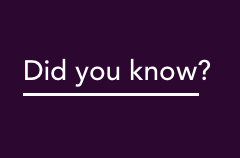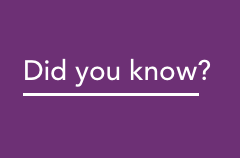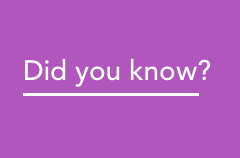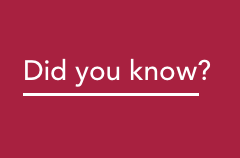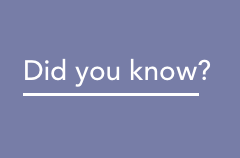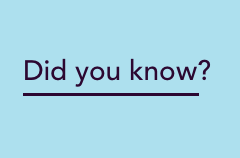DER Data Exchange
Project EDGE releases DER Data Exchange Lessons Learnt Report
The Project EDGE DER Data Hub Lessons Learnt report contains knowledge developed through building and operating the Proof-of-Concept DER Data Hub that underpinned the project’s 11-month long 24/7 active field trial. The field trial yielded 7 key lessons and 6 key recommendations for industry to consider in developing any future DER Data Hub
The report also provides an overview of emerging DER use cases and associated data exchange problems identified by the project and industry stakeholders, as well as how a DER data hub could address. Many of these use cases were successfully implemented in Project EDGE. Details regarding the project DER Data Hub’s technical solution can be found in the Appendix.
For the best clarity and understanding, this report should be read in conjunction with the independent report by EY, Project EDGE: Technology and Cybersecurity Assessment, which is referenced throughout.
This is the second published version of this report. AEMO has made updates to the initial release to clarify messaging in response to stakeholder feedback.
Project EDGE presents independent Technology and Cybersecurity Assessment for the DER Data Exchange
Project EDGE engaged EY to conduct an independent theoretical assessment of different approaches to scalable industry-wide DER data exchange. The findings from this report are accompanied by a recorded webinar presentation of the findings from the assessment presented to our DER Market Integration Consultative Forum (MICF) participants in May.
The Technology and Cybersecurity Report assesses Project EDGE’s hypothesis that in a high DER future, an industry data hub approach is a more efficient for facilitating DER data exchange at scale than a point-to-point data exchange approach.
EY developed an overarching assessment framework that considers the National Electricity Objective, the Project EDGE data exchange principles and the Project EDGE Research plan to develop an assessment criteria that focuses on four categories of data exchange characteristics:
1. Scalable, stable and resilient
2. Interoperable, modular & flexible
3. Secure, trustworthy, and auditable
4. Standardised, accessible & fair
This assessment has been conducted in the context of the high DER future anticipated as projected by the AEMO 2022 Integrated System plan (ISP). In addition to delving into the four characteristics above, EY also conducted a more detailed assessment relating to cyber security, resilience and compensatory controls, and the feasibility of establishing decentralised data exchange infrastructure for DER.
This report is complemented with practical lessons learned through the field trial in the Project EDGE DER Data Hub Lessons Learnt Report also available on this webpage.

